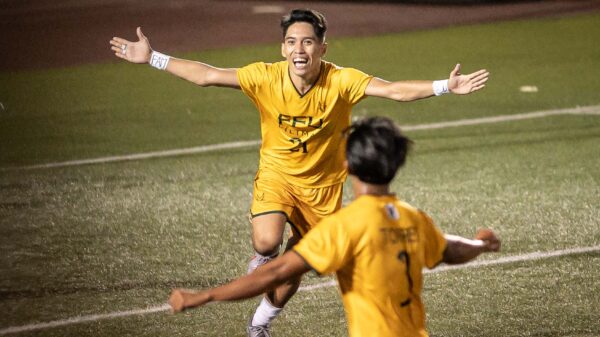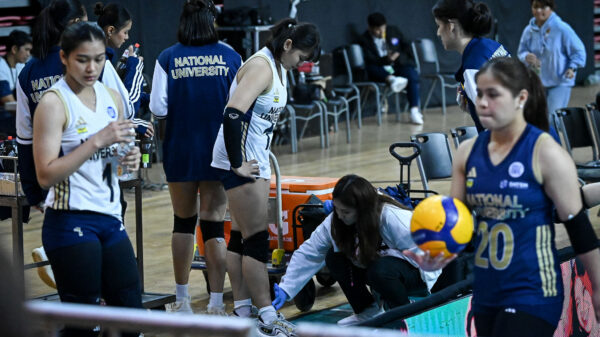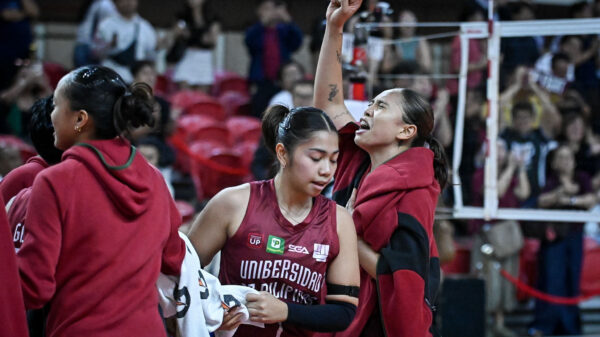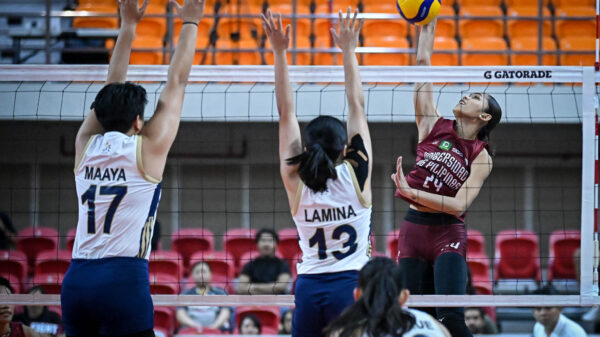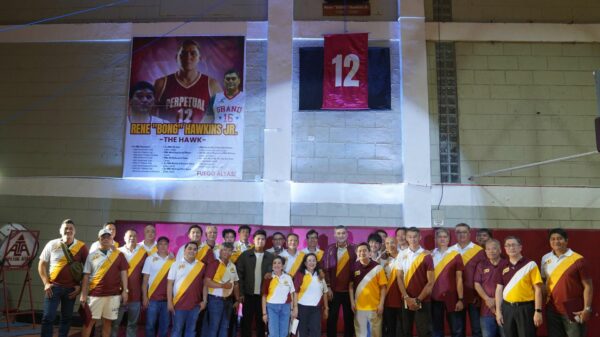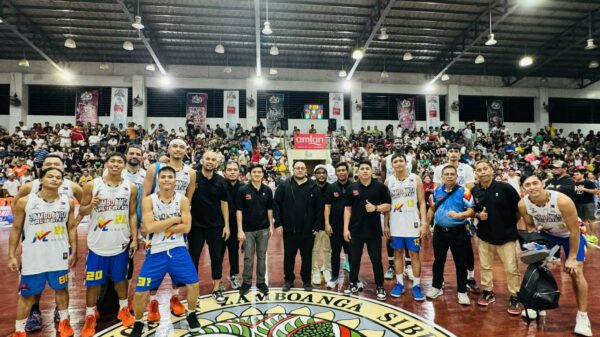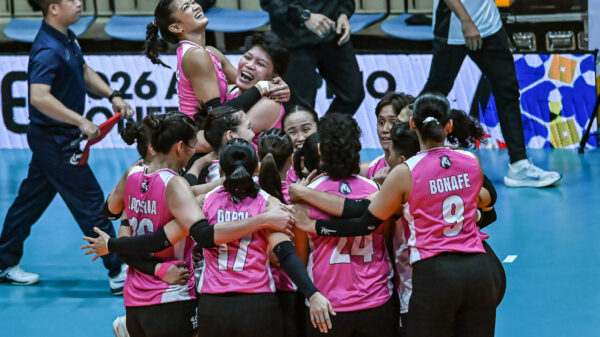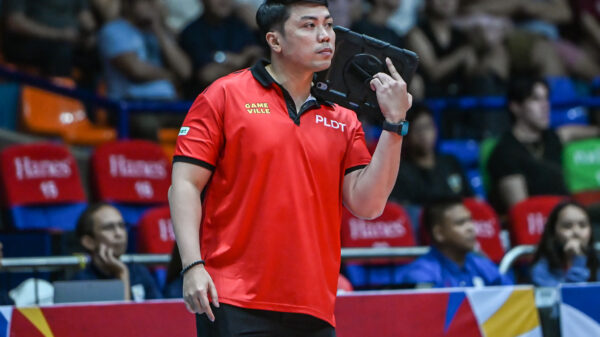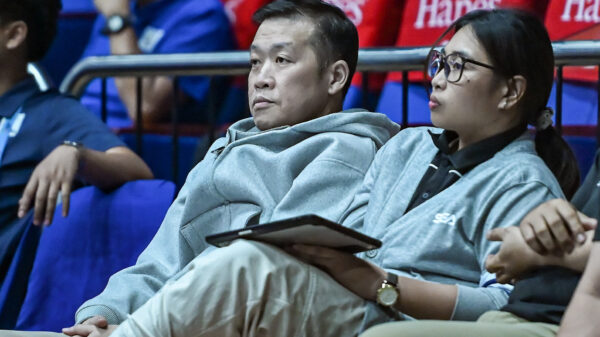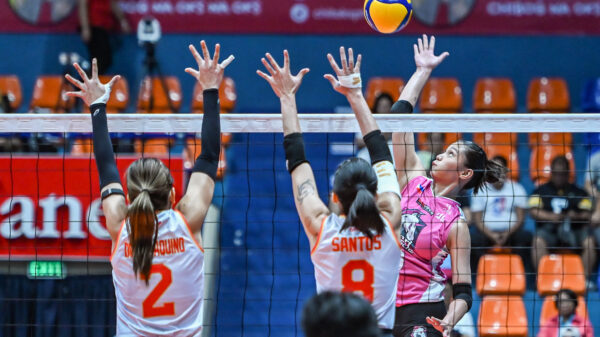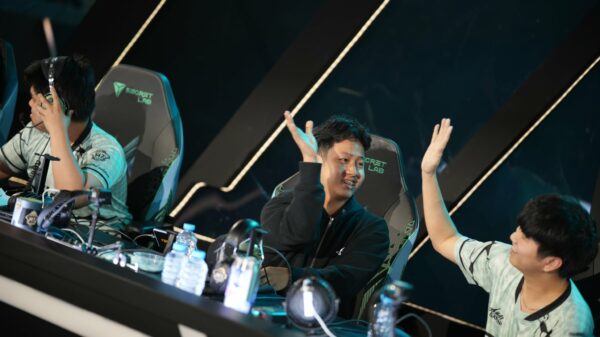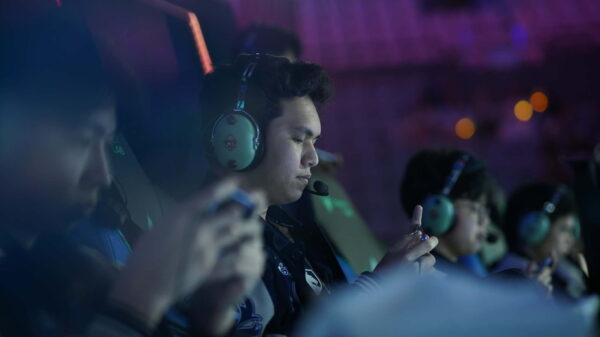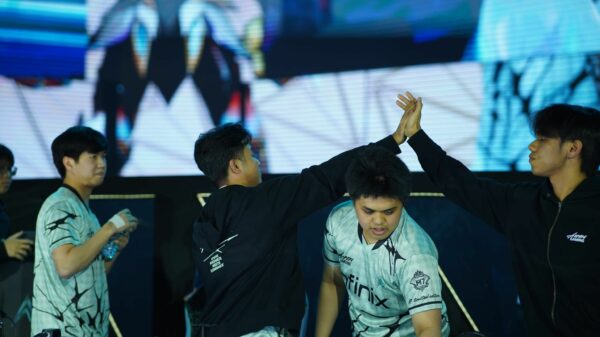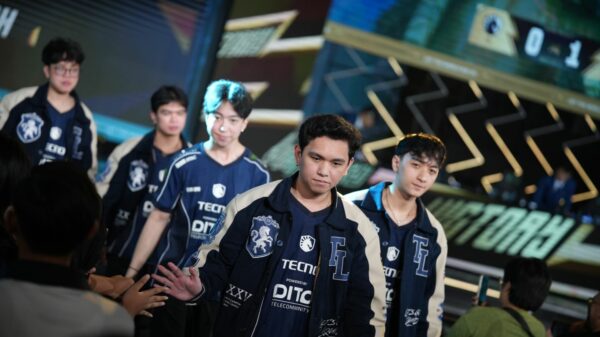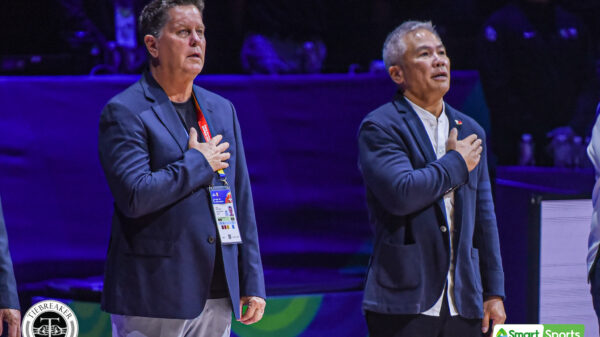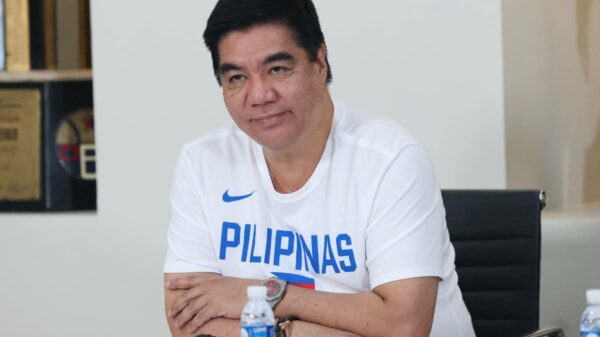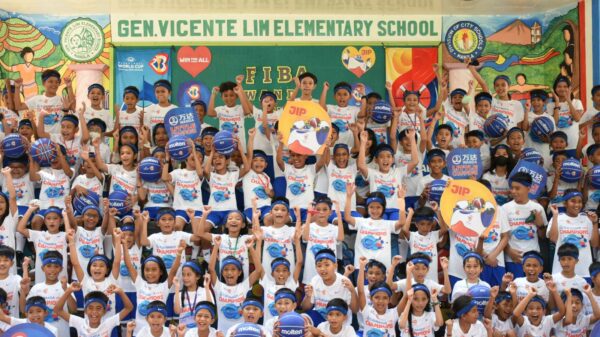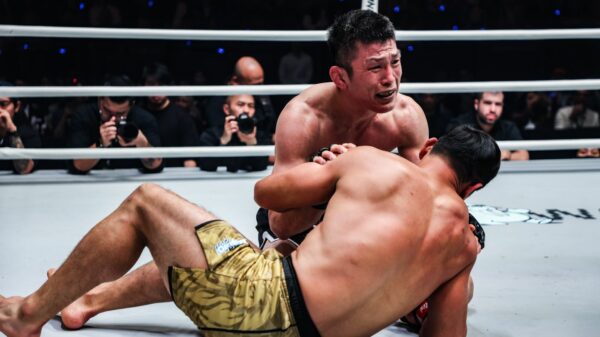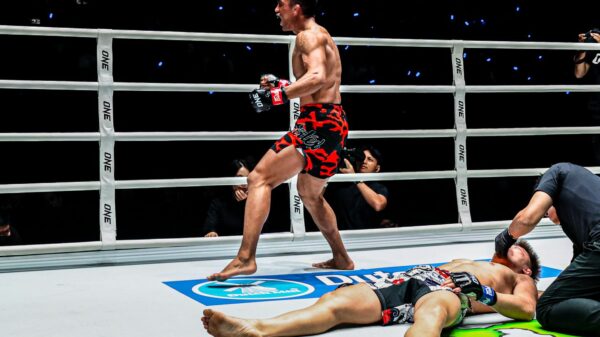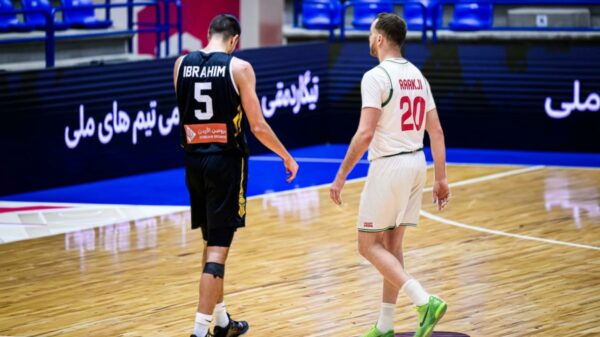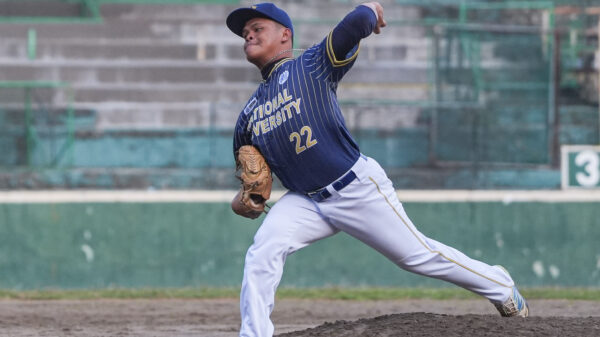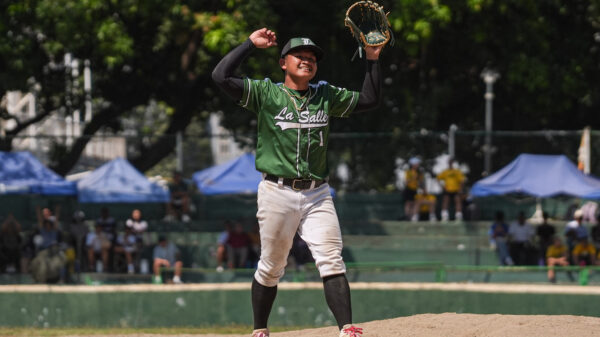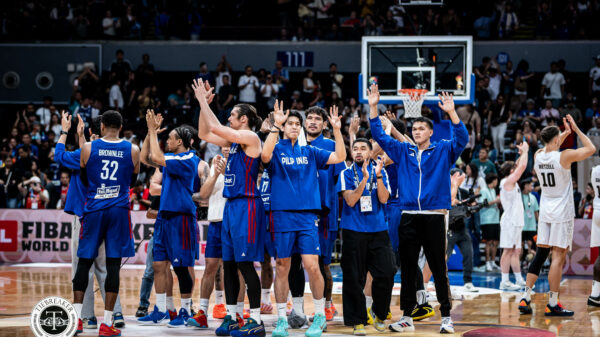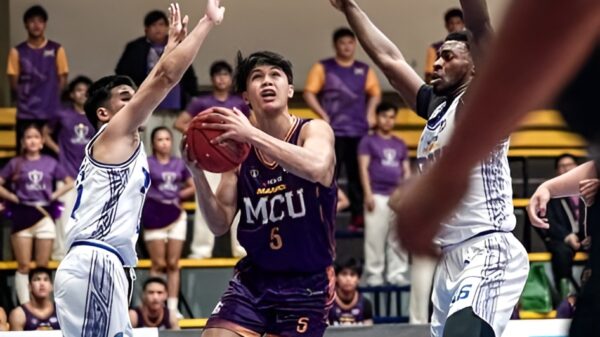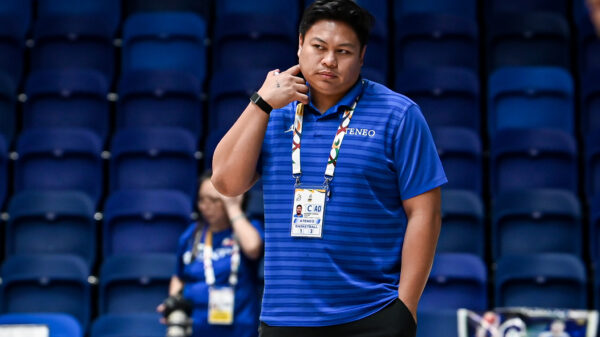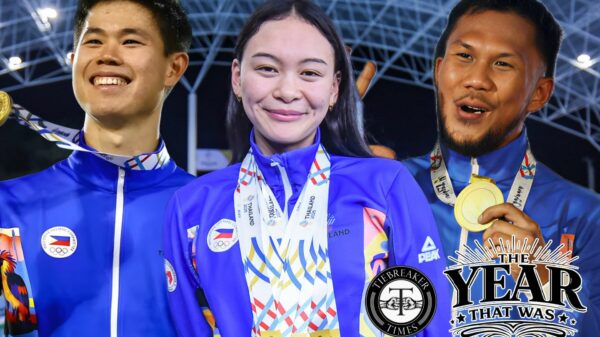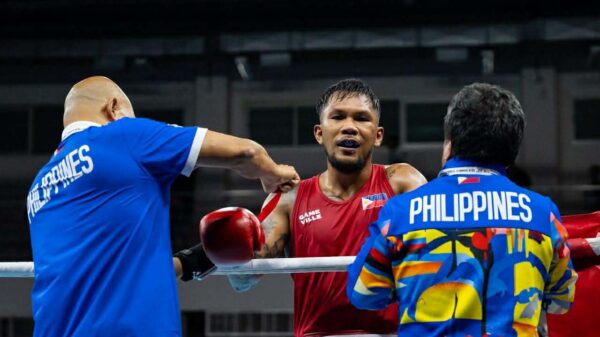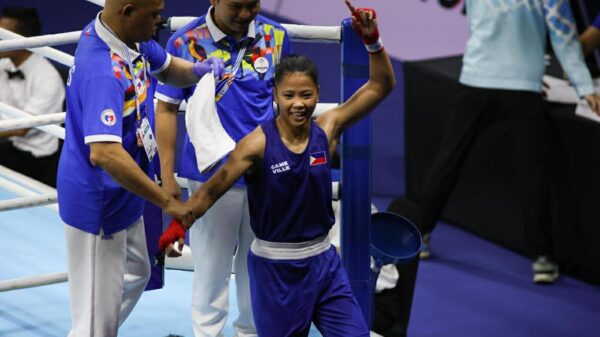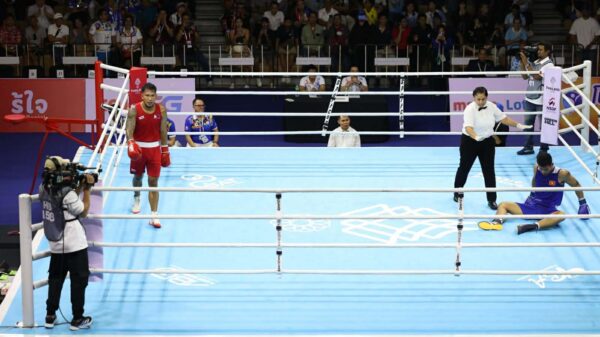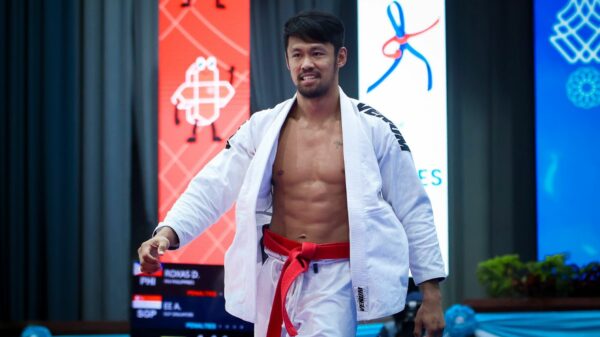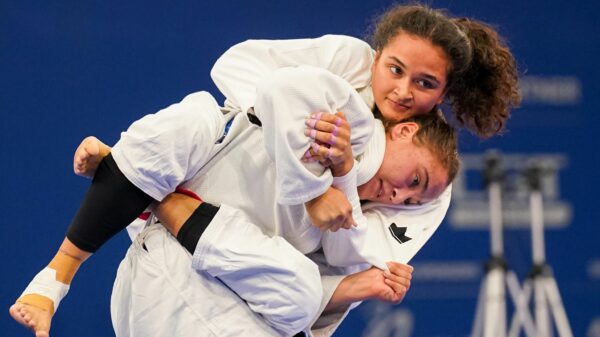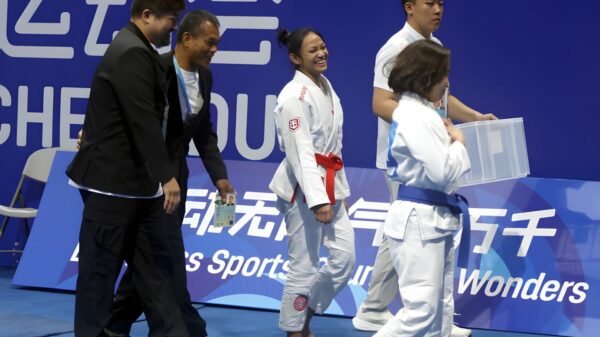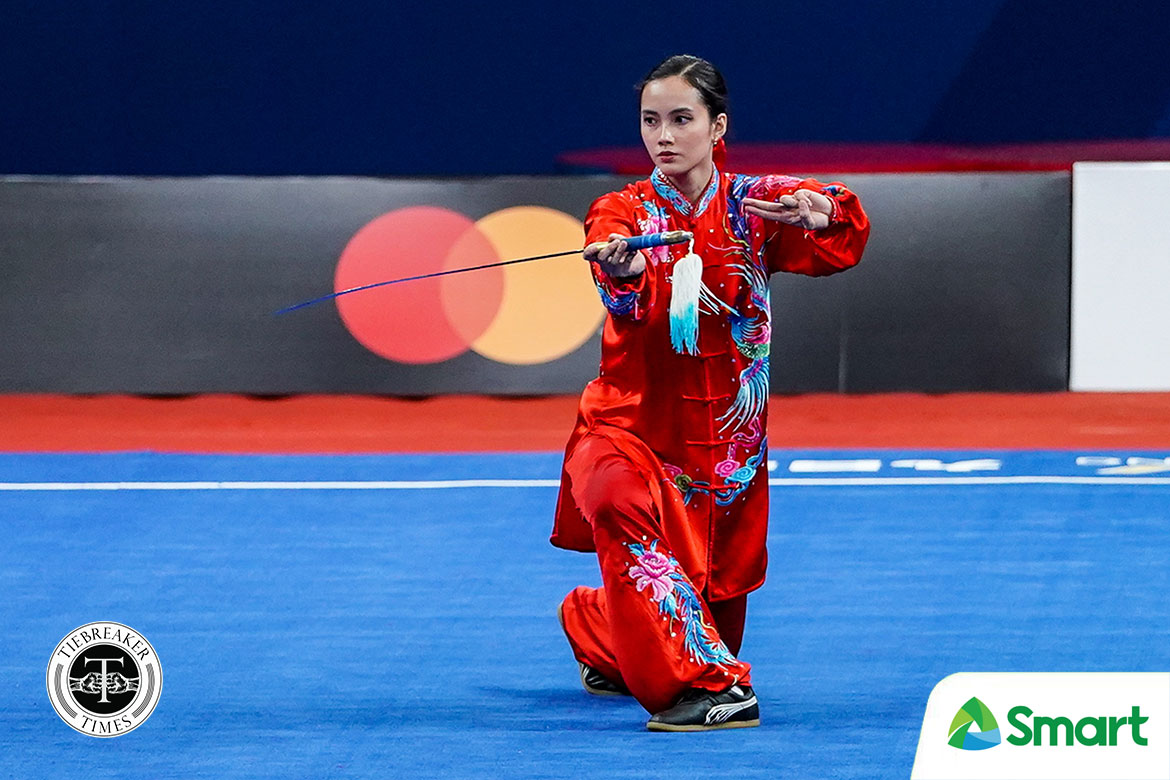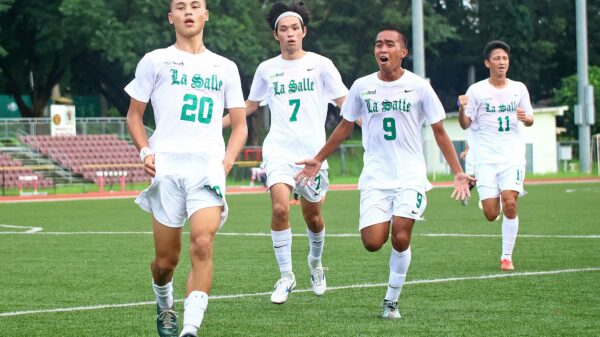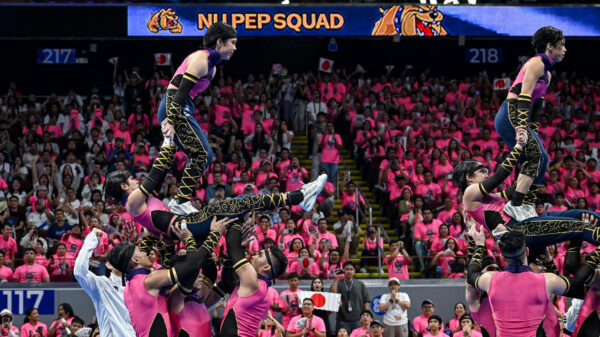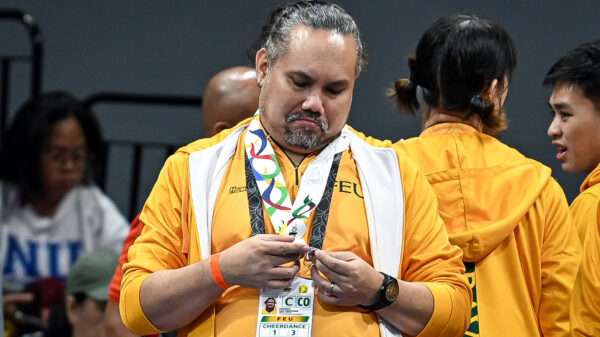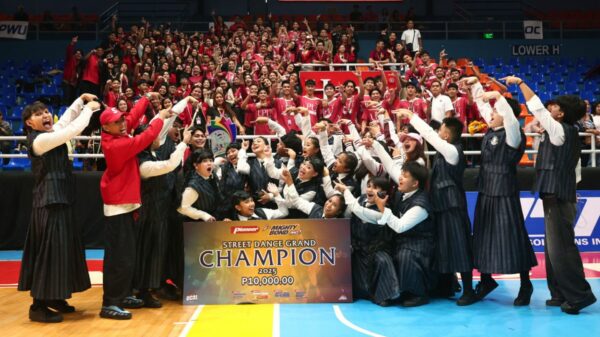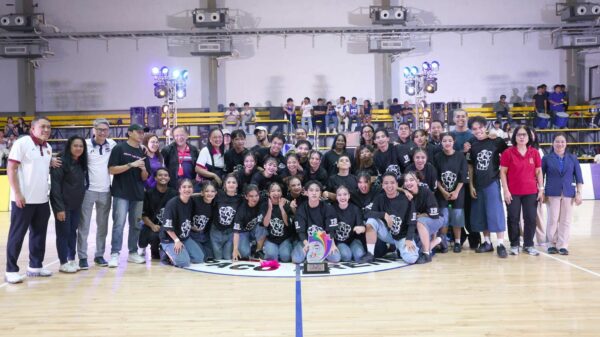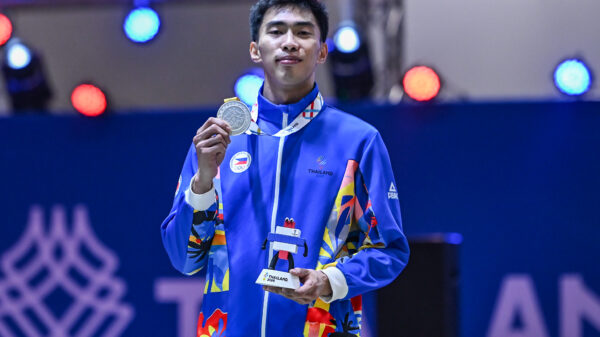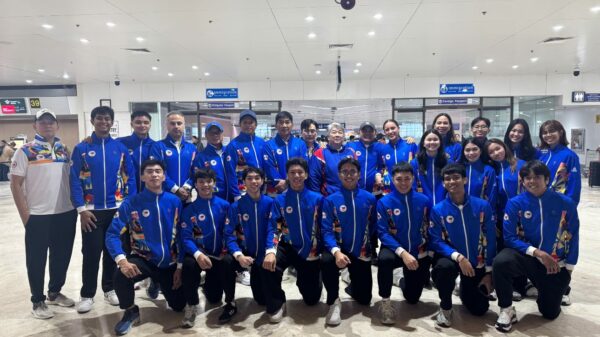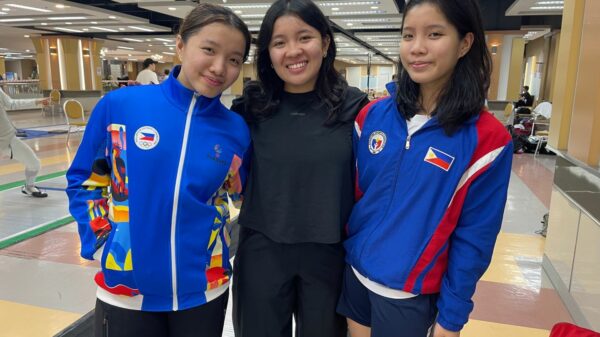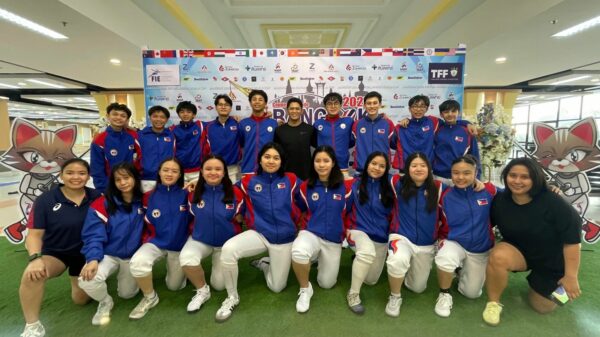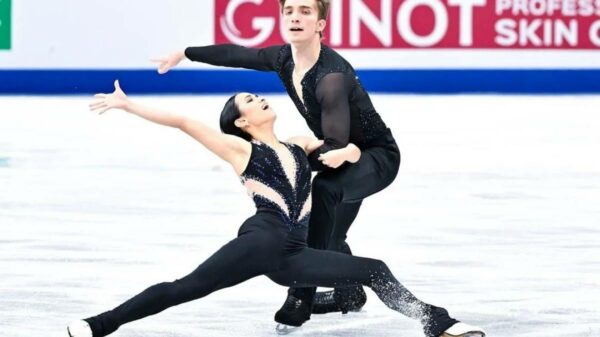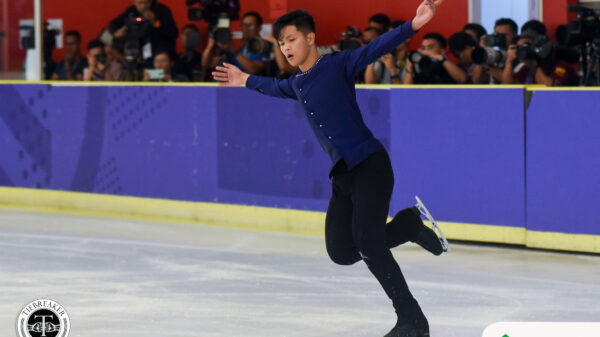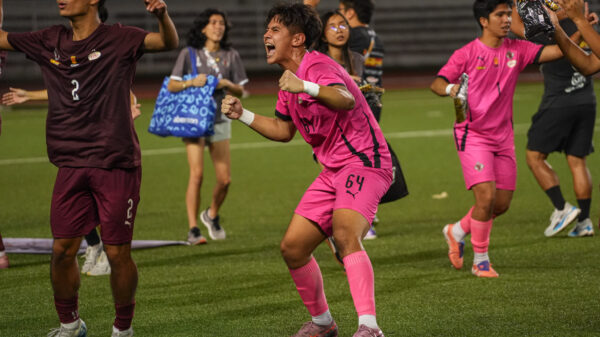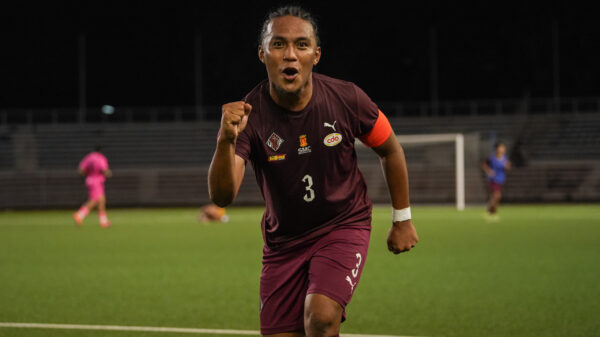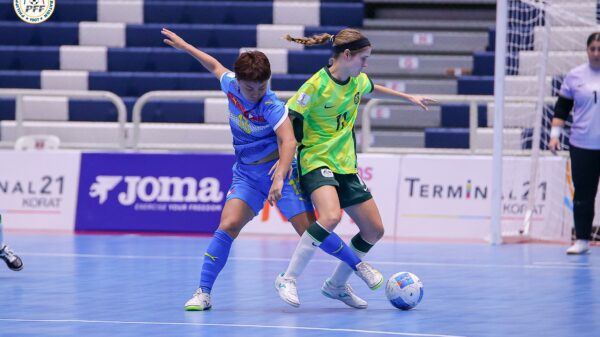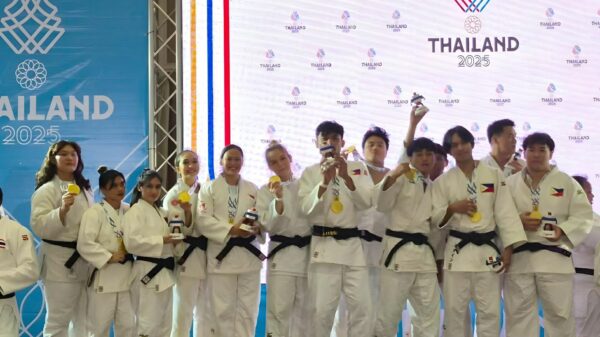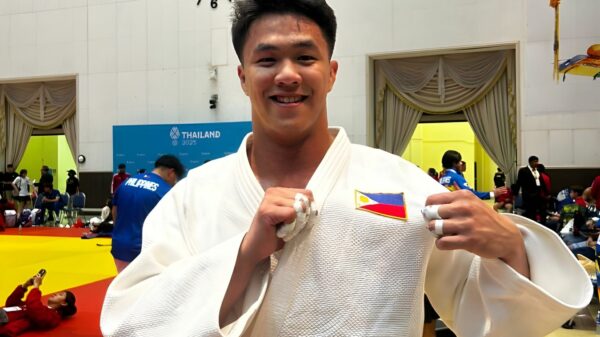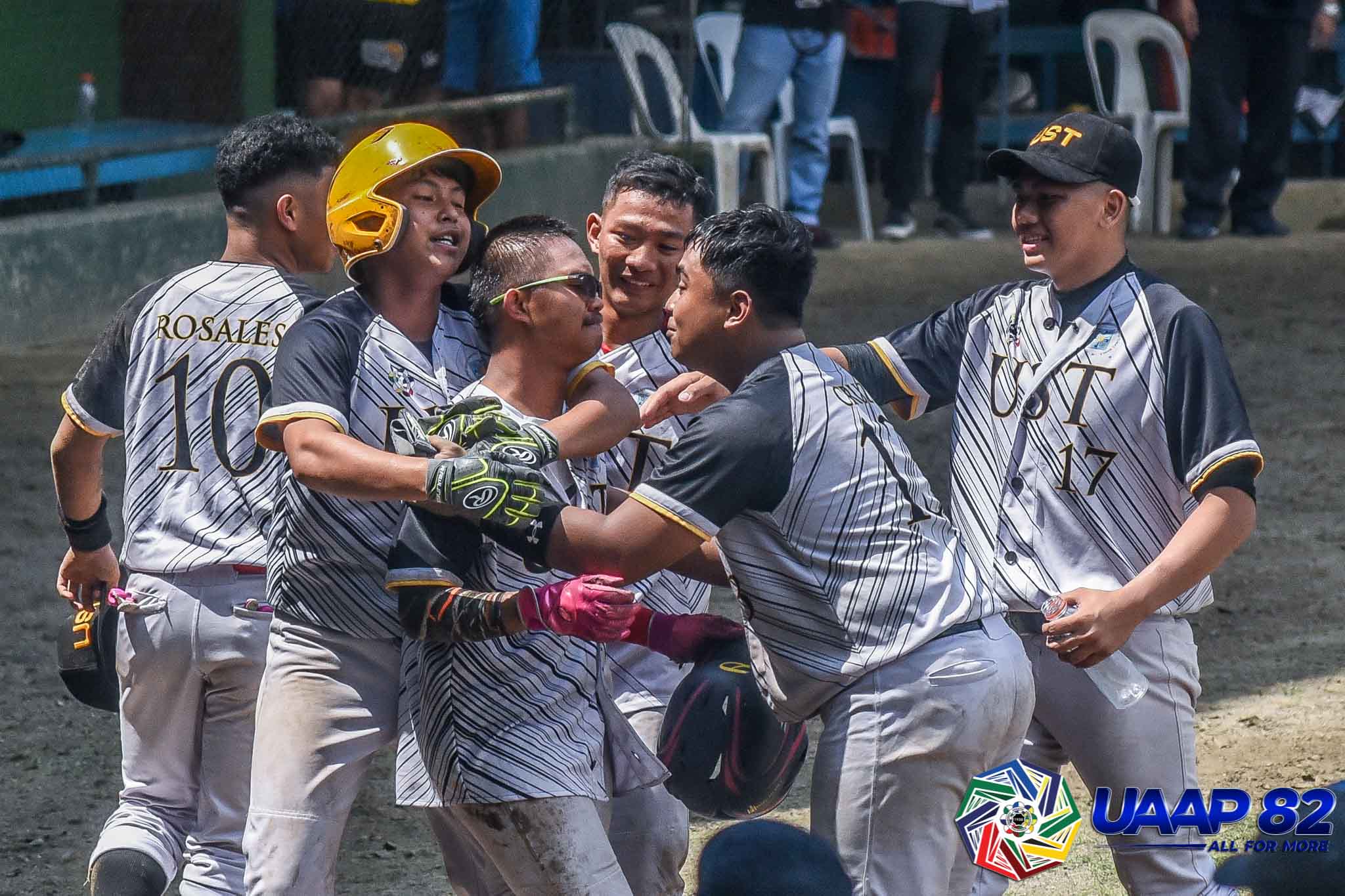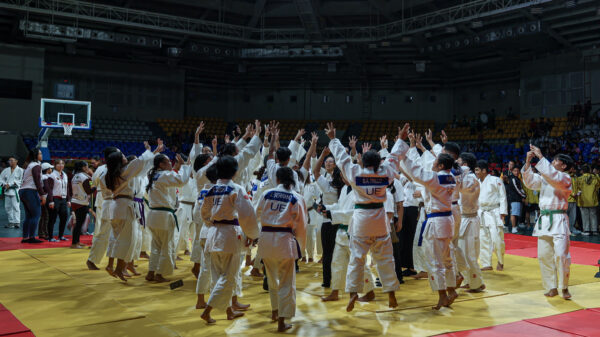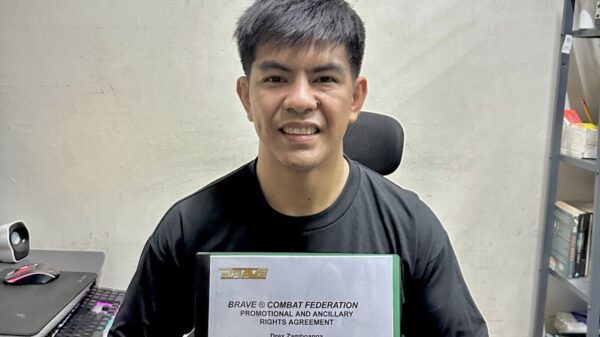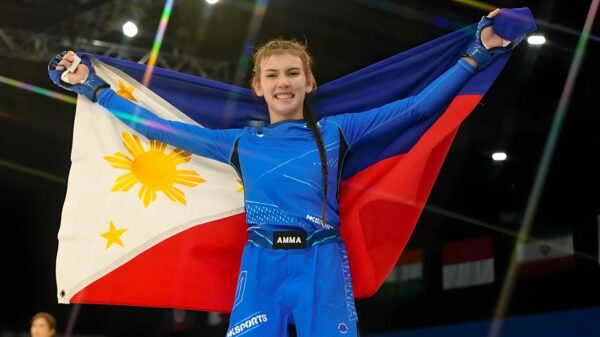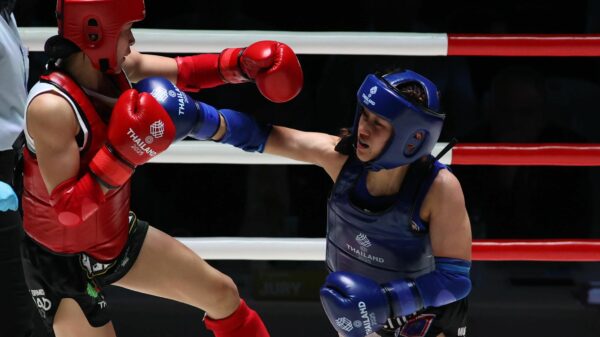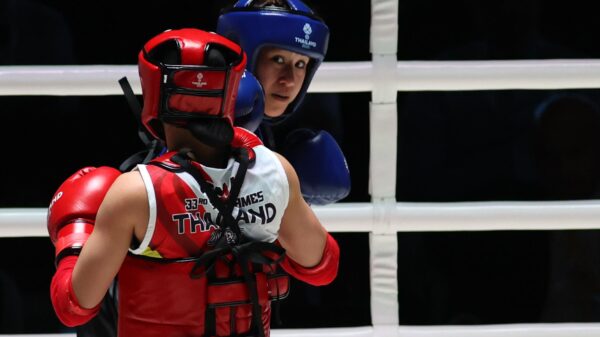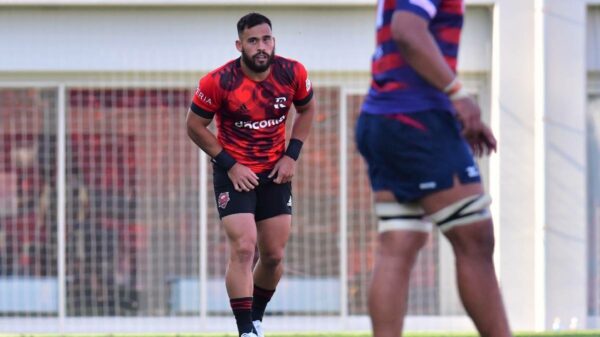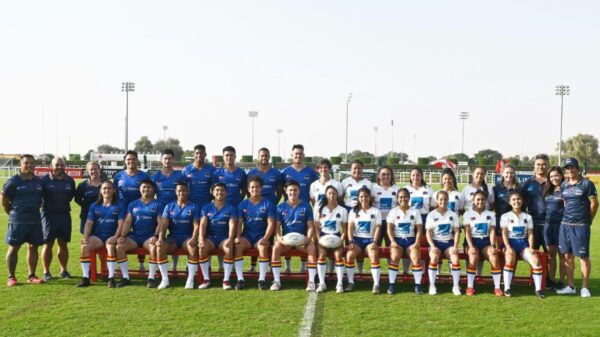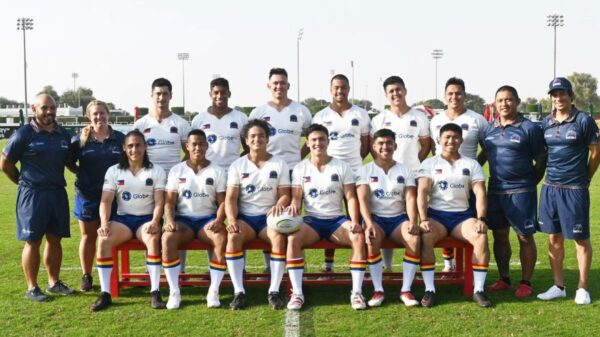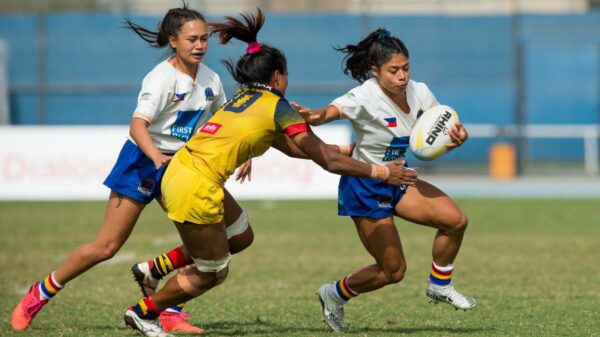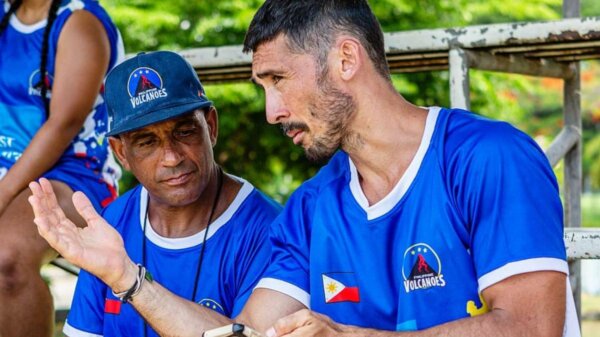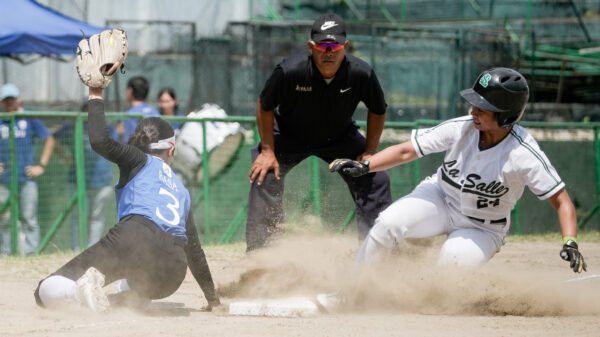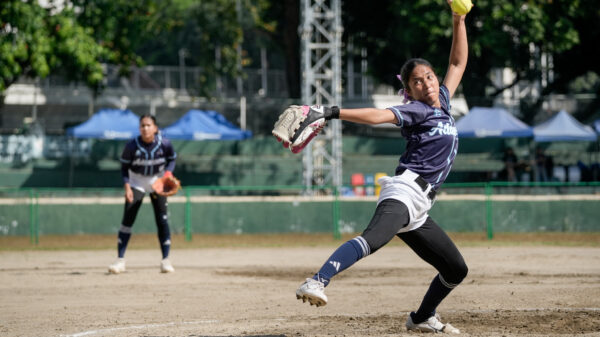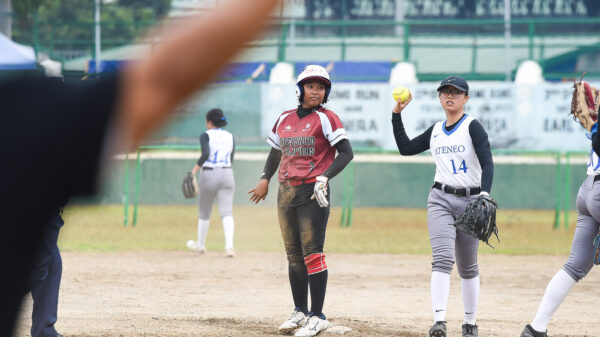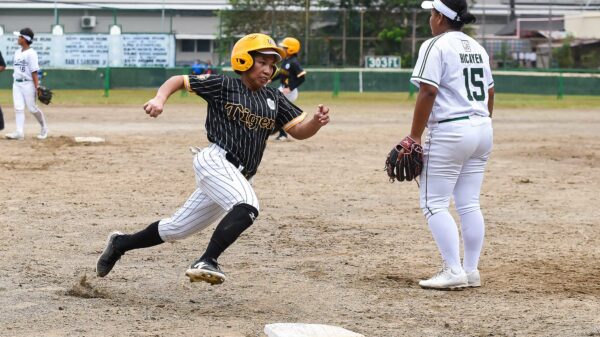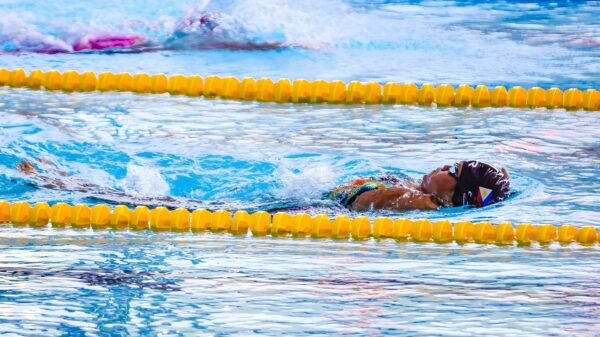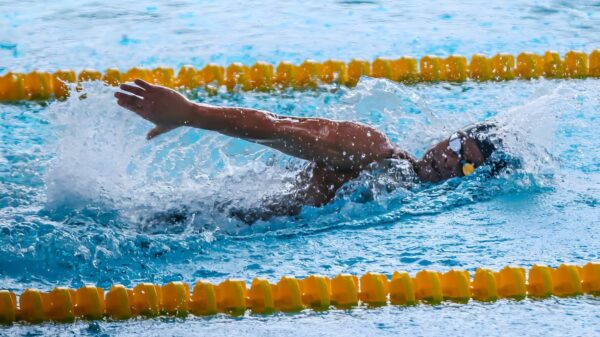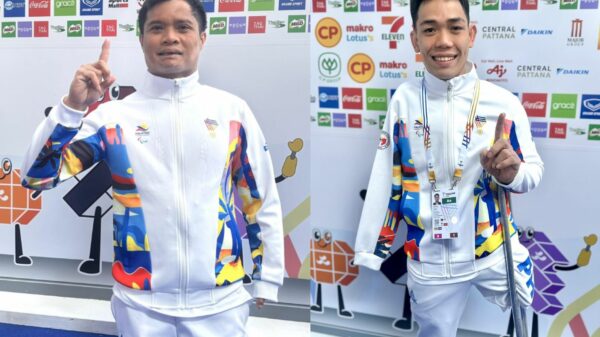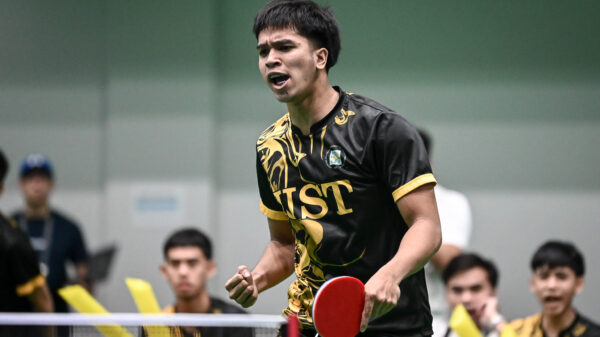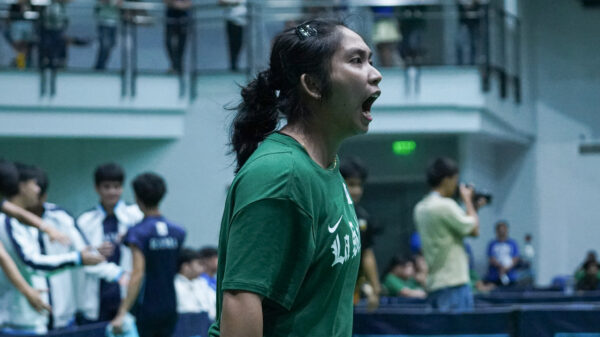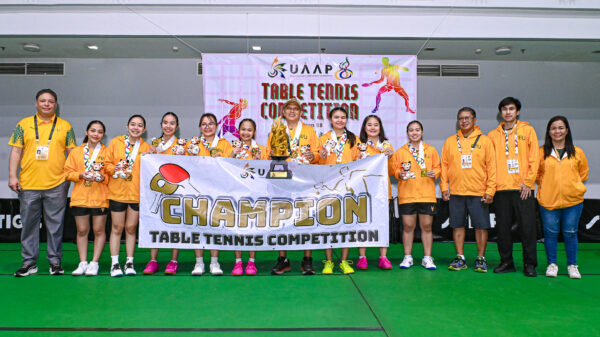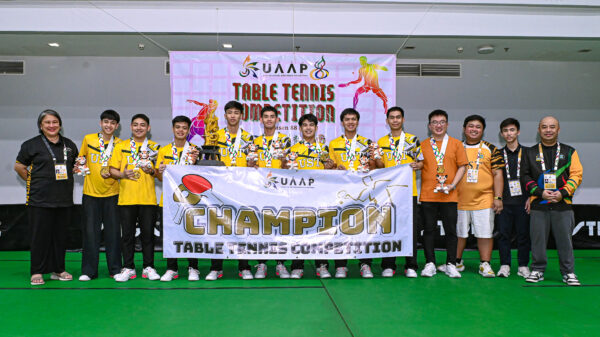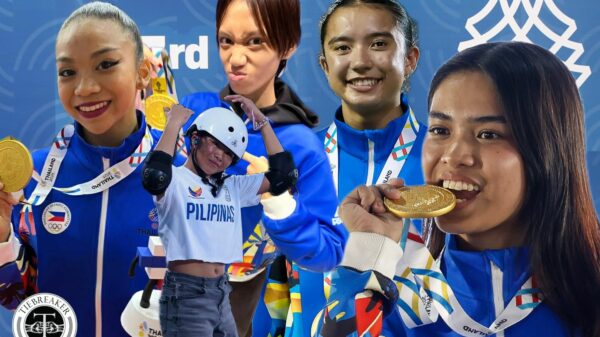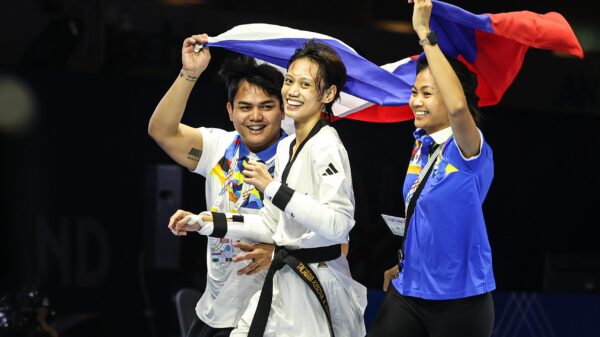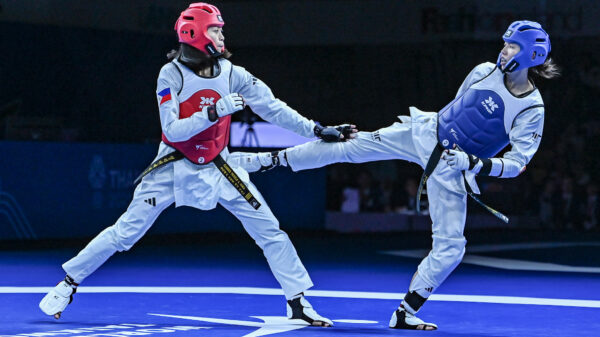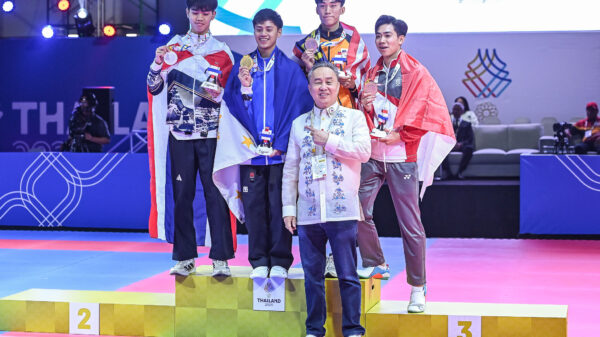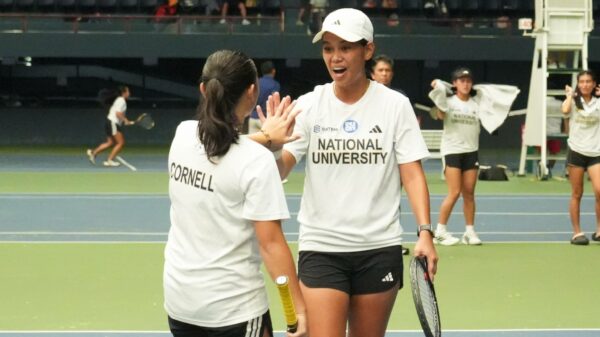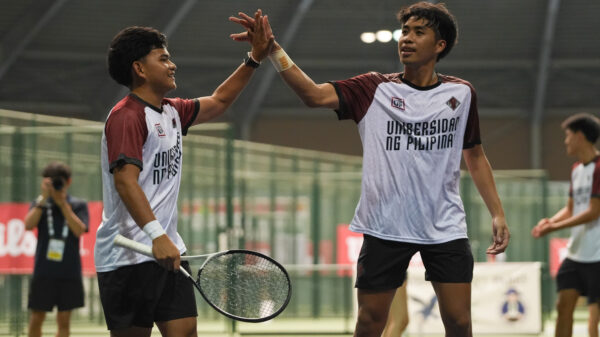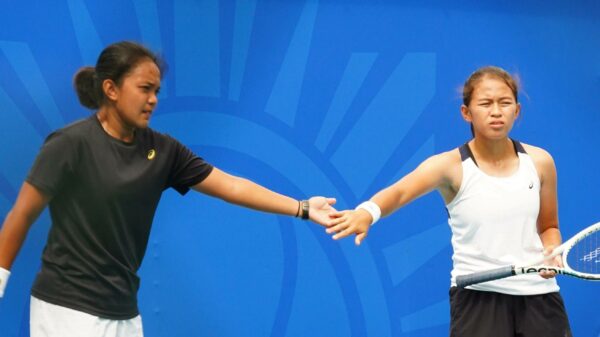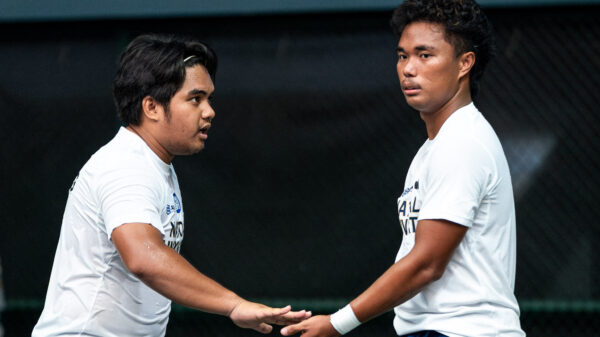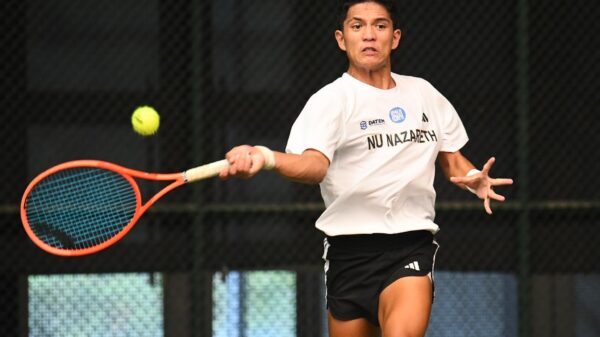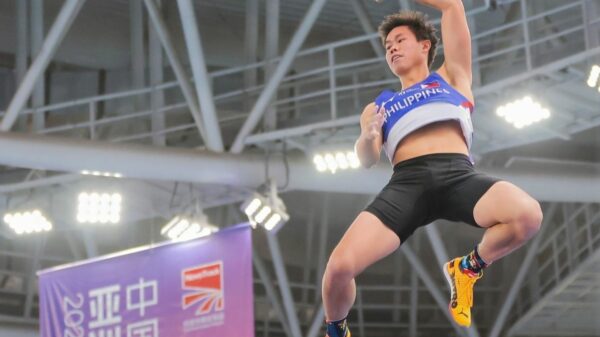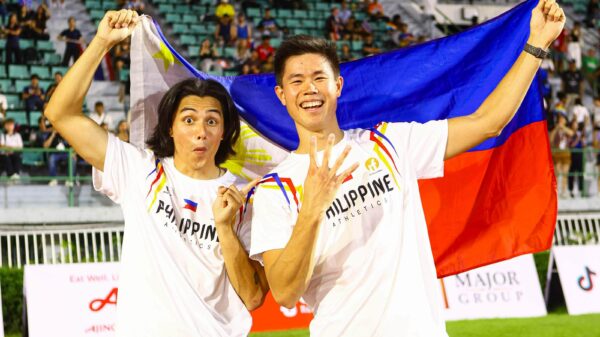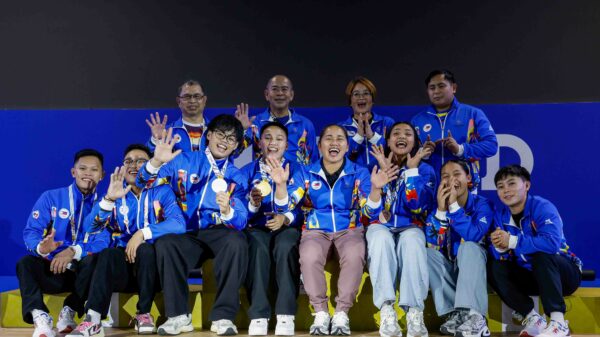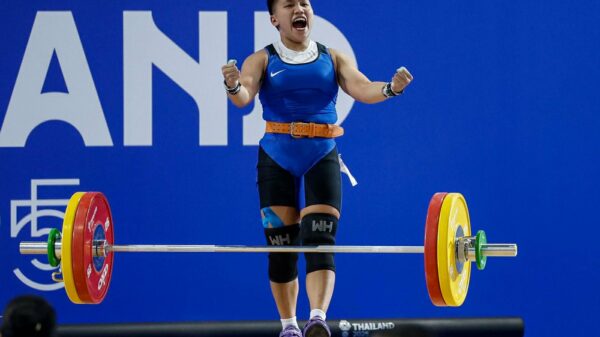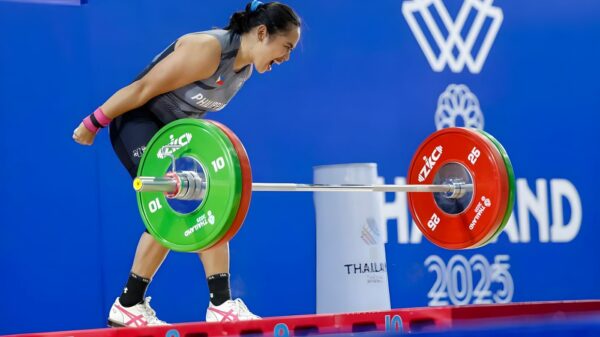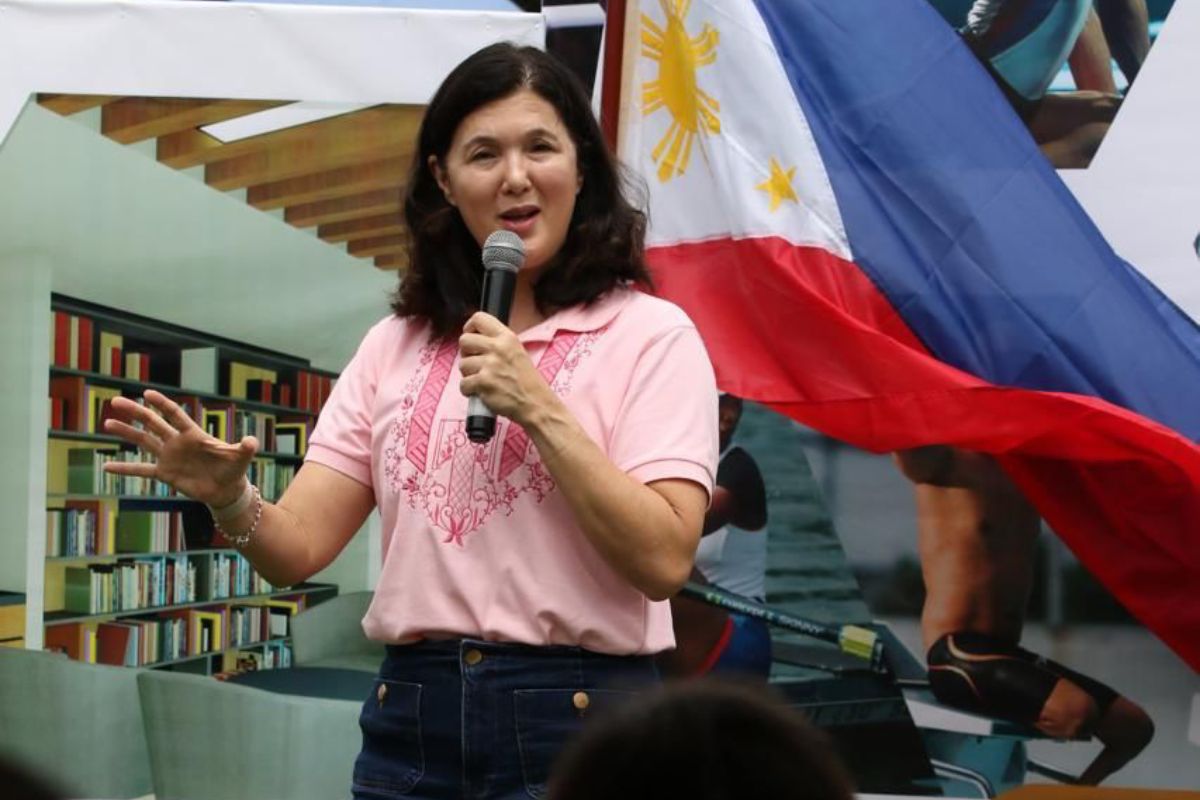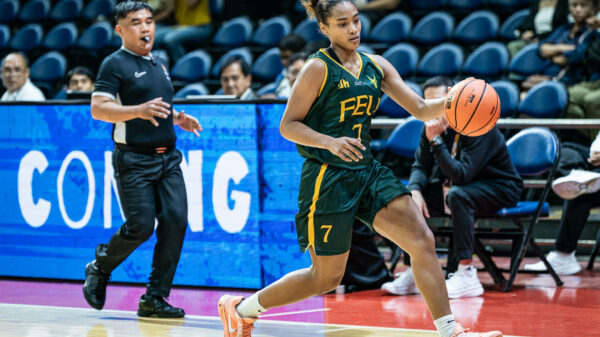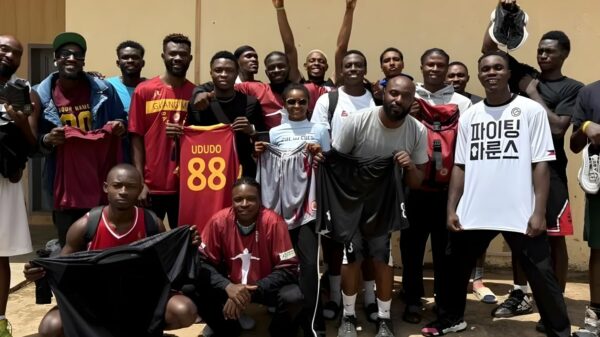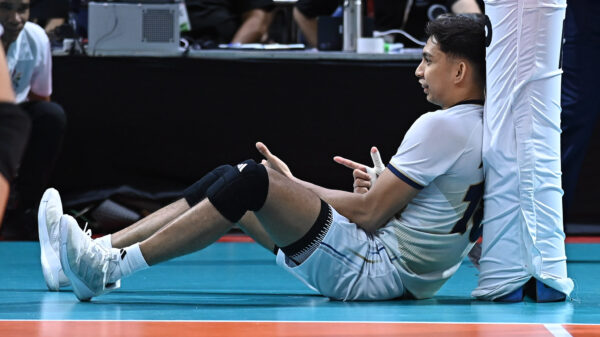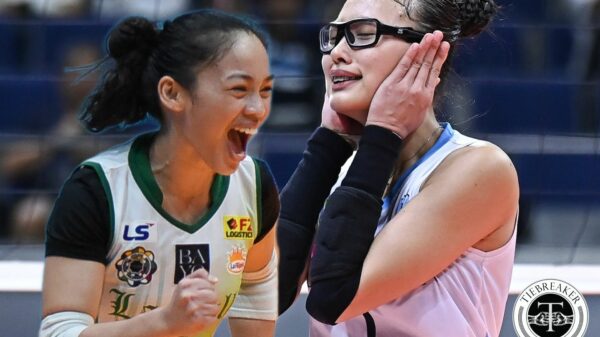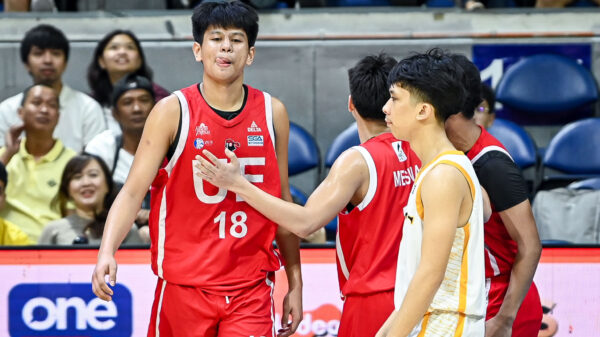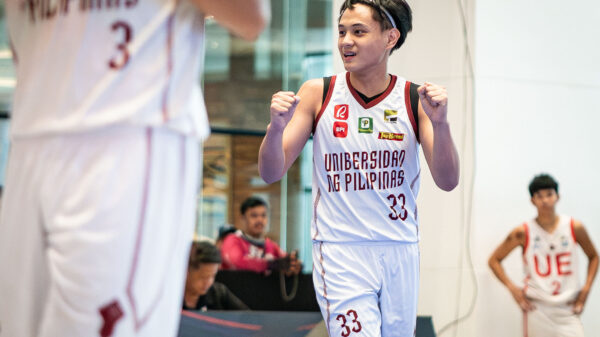Senator Pia Cayetano has expressed her strong opposition to the University Athletic Association of the Philippines’ (UAAP) newly approved eligibility rules for student-athletes transferring between member schools.
The revised policy, set to take effect in the 2024-25 academic year, will require student-athletes to not only sit out for one year upon transferring but also lose two years of eligibility,
In an interview held during the groundbreaking ceremony of the future seven-story Athletes’ Dormitory at the Rizal Memorial Sports Coliseum on Thursday, Cayetano – a former University of the Philippines spiker herself – did not hold back.
She urged the UAAP to reconsider its decision.
“Actually, ang tagal ko nang inaantay itong interview ko sa inyong lahat para maipaliwanag ko ng maayos,” Cayetano said.
“Nabalitaan natin na ang UAAP may bago daw silang rule na kapag ikaw ay galing sa isang UAAP school, tapos athlete ka dun, kapag nag-transfer ka sa ibang UAAP school din, bigla daw dadagdagan ng two years. Tama? Yun ang aking narinig.”
The senator, who championed the Student-Athlete Protection Act, cited the law to emphasize that the new rule might be in violation of legal provisions governing athlete transfers.
Under the law, athletic associations like the UAAP are only allowed to impose a one-year residency for transferring athletes before they can compete for their new school.
“Babasahin ko sa inyo ang batas, kasi napakaliwanag: ‘Residency of Student-Athlete Section 4 of the law states, in the case of a tertiary student-athlete transferring from one college or university to another, a maximum of one-year residency may be imposed by an athletic association before a student-athlete could participate and represent a school in any athletic competition.'”
Cayetano firmly stated that adding two years of lost eligibility goes beyond the legal limit, suggesting that the UAAP may be overstepping its bounds with this decision.
While acknowledging concerns about student-athlete “piracy” – a term used to describe the recruitment of student-athletes from rival schools – Cayetano argued that punishing the athletes themselves is not the solution.
“Yes, I understand, hindi po ako bobo. I understand na may issue kayo na pina-pirate yung athletes niyo. Then solve it in an adult way. Don’t punish the kids. Don’t punish the athletes,” she urged.
The senator highlighted how student-athletes already face unique challenges balancing academics and sports. Imposing harsher eligibility restrictions could then significantly harm their development.
“For many student-athletes, sports are their life. It is our life as an athlete. Talagang nakabuhos diyan ang oras ng isang atleta sa kanyang sport. Minsan nga, halos hindi makapasa-pasa dahil nga talagang nakatutok sa sports,” she explained.
Cayetano also pointed out that only a select few sports, such as basketball and volleyball, offer commercial or professional opportunities after college.
For student-athletes in less commercially viable sports, the UAAP is often the only avenue where they can fully dedicate themselves to their craft.
“Tapos babawasan niyo pa yung years nila as an athlete in college? Why would you do that?” Cayetano questioned.
“There are many reasons that an athlete will desire to move universities. Hindi lang dahil pinayret siya na may mas magandang offer na commercial value. Paano kung hindi niya kasundo yung teammates niya? Nangyayari po yun.”
She emphasized that transferring schools can be a personal decision for student-athletes, stemming from a variety of factors such as academic fit, relationships with teammates, or even logistical reasons like location.
Cayetano called on the UAAP to reconsider the impact of their decision, stating that while she understands their concerns, this rule could limit the potential of student-athletes.
“You are limiting the potential of the athletes by this imposition of this additional two-year residency. It is stupid. So please, and I know that my asking won’t really change your minds, but I am asking from the bottom of my heart, think of the athletes,” she appealed.
Cayetano further added that sports, especially at the collegiate level, should be about more than just winning medals for universities.
Instead, she urged the UAAP to focus on the larger goal of helping shape the lives of young student-athletes through sports.
“It’s not about the medals that your university brings home. It’s about the lives that we can change through sports. And you will not change the lives of these kids when you limit their potential,” she said.
When asked if she would be open to sitting down with the UAAP board to discuss the issue, Cayetano expressed her willingness to engage in dialogue, but only if the conversation would be productive.
“Marunong naman ako magbasa. Kung mali yung intindi ko, by all means, clarify it. Pero kung hindi naman mali yung pagka-intindi ko, ano pang pag-uusapan namin?” Cayetano replied. “If they are violating the law, they should be prepared for that.”
She left the door open for further talks, but made it clear that her main priority was ensuring the welfare of the student-athletes.
“I’m very open, but let’s not waste each other’s time. May trabaho po kayo. Alam ko yung mga nasa UAAP board, karamihan naman po yan, talagang mga nagsisikap sa trabaho,” Cayetano said.






